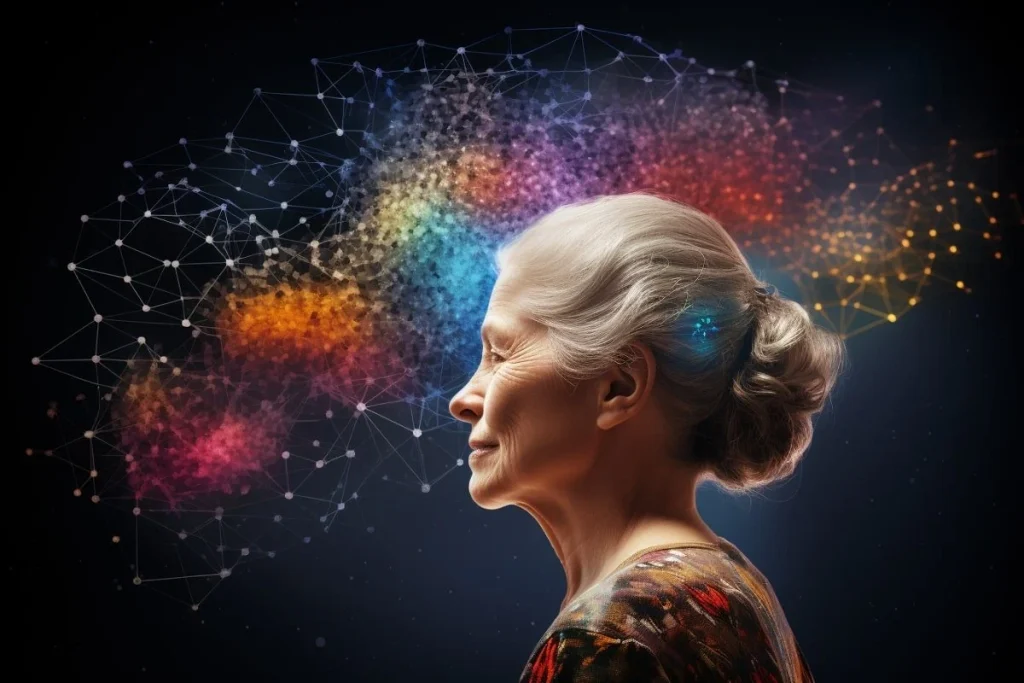AI-Powered Brain Implants Successfully Restore Mobility in Paralyzed Patients!

AI News: AI-Powered Brain Implants Successfully Restore Mobility in Paralyzed Patients
The transformative power of artificial intelligence (AI) is once again in the spotlight with a groundbreaking development in the realm of healthcare. Recent advancements in AI-driven brain implants have opened new horizons for paralyzed patients, providing them with the ability to regain control over their movements. This pioneering innovation offers renewed hope and a glimpse into the future where technology and biology seamlessly intersect to improve the quality of human life.
—
Understanding AI-Powered Brain Implants
AI-powered brain implants are at the forefront of neurotechnology, designed to bridge the communication gap between the brain and limbs. These devices leverage sophisticated algorithms to decode neural signals, translating them into actionable commands that facilitate movement. The primary component of these implants includes sensors that detect brain activity, a processor powered by AI algorithms, and interfaces that stimulate muscles or limbs.
Unlike traditional medical devices, AI-powered brain implants continuously adapt and optimize their functionality by learning from the user’s neural patterns. This adaptability is crucial for the nuanced variability in human thought and intention, allowing for a more personalized rehabilitation process.
—
The Science Behind the Technology
The science of brain-computer interfaces (BCIs) serves as the foundation for these advanced implants. By implanting electrodes in specific areas of the brain, these devices capture neural impulses that were previously inaccessible. For paralyzed individuals, these devices recapture lost functionality by bypassing damaged neural pathways responsible for voluntary movement.
AI algorithms play an indispensable role in this process. They are trained to recognize patterns in neural data and subsequently convert these insights into comprehensible signals that activate specific muscle groups. This sophisticated translation is achieved through machine learning methodologies, with AI systems becoming more precise with continued use.
—
Real-Life Transformations: Success Stories
The impact of AI-powered brain implants extends beyond theoretical success. Real-life applications have demonstrated remarkable results, transforming lives that once seemed limited by paralysis. One notable example includes the case of a young man who regained his ability to walk after suffering a severe spinal injury. Before the intervention, medical professionals doubted his mobility prospects. However, through an AI-powered implant, he has achieved milestones that were previously considered unattainable.
Another success story involves an elderly stroke patient who experienced significant improvement in upper limb mobility. Through intensive rehabilitation aided by the implant, she regained enough hand function to perform daily tasks independently, drastically improving her quality of life.
These personal triumphs underscore the potential of AI in redefining surgical outcomes and rehabilitation strategies for patients worldwide.
—
AI in Healthcare: Ethical Considerations
While AI-powered brain implants signify a remarkable leap in medical science, they also raise important ethical considerations. Issues such as patient privacy, data security, and consent are paramount. The data harvested by AI systems are incredibly sensitive, encompassing personal neural information that must be protected against misuse.
Moreover, the decision-making process in deploying such technology necessitates transparency and informed consent. Patients and their families must understand the potential risks and benefits to make educated decisions regarding their treatment options. These ethical deliberations necessitate the involvement of regulatory bodies to ensure that the advancements align with societal norms and values.
—
Future Prospects and Challenges
The future of AI-powered brain implants appears promising, with researchers continually pushing the boundaries of what is possible. As AI technology evolves, greater precision, reduced latency, and expanded applications are anticipated. This progress may lead to enhanced treatments for a broader range of neurological conditions, including ALS, multiple sclerosis, and traumatic brain injuries.
However, such advancements are not without challenges. The integration of AI into medical devices necessitates rigorous clinical trials to validate efficacy and safety. Additionally, ensuring equitable access to this advanced technology is crucial, particularly in underprivileged communities that might otherwise remain underserved.
The scalability of these innovations also depends on cross-disciplinary collaboration, requiring the collective efforts of AI specialists, neuroscientists, and healthcare providers to refine the technology’s application in real-world scenarios.
—
Conclusion: A New Dawn in Healthcare
AI-powered brain implants epitomize the extraordinary potential of combining human ingenuity with technological prowess. As we stand at the intersection of AI and healthcare, the successful restoration of mobility in paralyzed patients offers a beacon of hope for millions worldwide. While challenges persist, the continued evolution of this technology promises to redefine how we perceive, diagnose, and treat neurological conditions.
For now, these brain implants represent not just a technological milestone but a testament to human resilience and the relentless pursuit of progress. As we look to the future, the story of AI in healthcare continues to inspire and encourage innovation, with the ultimate goal of enhancing human lives.
By integrating AI more deeply into the fabric of healthcare, we are not merely overcoming the limitations of the present but are actively shaping a world where everyone has the opportunity for a fulfilling life, irrespective of their physical constraints.
—





